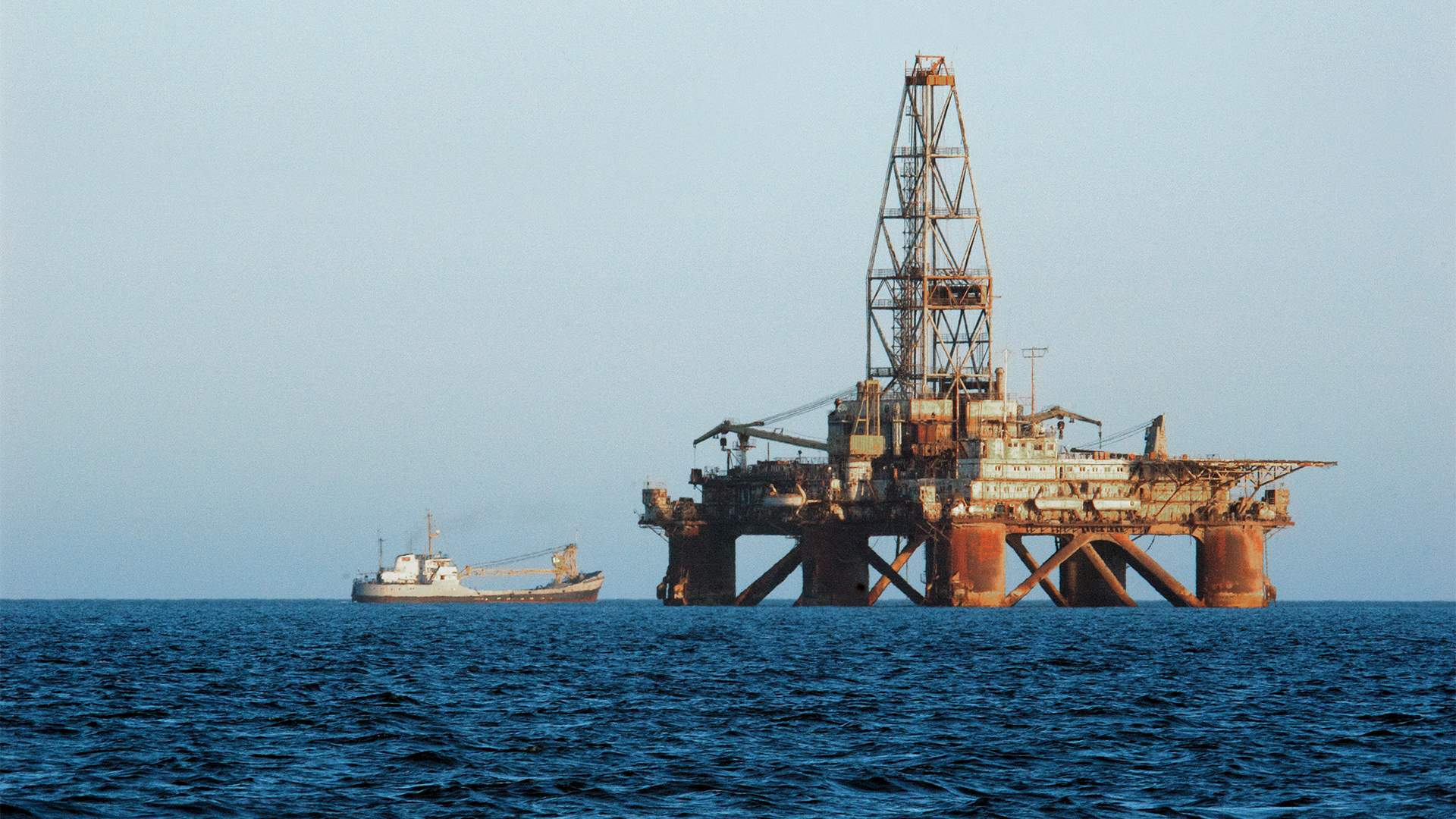
Global shortage of natural gas in the future as lack of investment will hit production going forward
By Rhod Mackenzie
The International Gas Union (IGU), the trade association representing the global gas industry, cautions about the possibility of diminishing gas supplies in upcoming decades without further investment. The repercussions of such a drop in supply are clear, particularly the price shocks that have affected the planet and particularly Europe for the past couple of years.
Although we recognise the necessity to replace fossil fuels with renewable energy sources, gas is expected to remain a popular fuel for several more decades because of its unique position as a “bridge” during the “green” transition which will not happen that rapidly. However, in the near future, the planet will encounter a significant imbalance between supply and demand. According to IGU, supply will sharply decrease due to a persistently high demand for the “blue” fuel and greatly reduced investments. Investments into the gas sector in the period from 2014 to 2020 decreased by 58%.
"Reinstating a stable equilibrium in to the global gas market is crucial," according to a report from the International Gas Union. The study was compiled by economists and analysts from Rystad Energy AS and the Italian gas pipeline operator Snam SpA. "Investments should be made to combat the natural drop in supply plus global demand trends, as well as the potential surge in particular regions."
The standout illustration of such regions is Europe, which willingly relinquished Russian gas last year and is currently expeditiously seeking fresh sources of "blue" fuel globally for the second year in a row. The gas crisis on the continent is so severe, to the extent that Brussels had to momentarily suspend its mission to emerge as the leader in the green movement to maintain its energy security. It is apparent that Europe has acknowledged the unlikelihood of achieving the ambitious objectives of the "green" transition within the timeframe it has set. This is illustrated by the signing of two long-term contracts in October with Qatar for the supply of liquefied natural gas (LNG) to the continent.
"According to the IGU study, investment decisions in the gas sector are often negatively impacted by the uncertainty surrounding the LNG market's future dynamics and gas's role in the transition to renewable energy sources. Gas supply is now mostly a matter of chance."
Global gas production is set to reach 4.1 trillion cubic metres this year, but nalysts predict it will decrease to 3.1 trillion by 2030. The decline is largely due to the natural depletion of gas fields. In the next 20 years, gas production will most likely drop to only 1 trillion cubic metres, by the middle of the 21st century. Meanwhile, the "green" transition is unlikely to be fully completed by that time, and thus the need for gas, and consequently the demand for it, is unlikely to fall significantly.
Certainly, a significant rise in investment towards renewable energy projects has posed a challenge to funding gas projects. This poses a grave concern that requires balancing the requirements of the "green" transition with those of the gas sector. Failure to do so, according to study authors, will lead to humanity encountering unpleasant surprises similar to last year's energy crisis in Europe.
